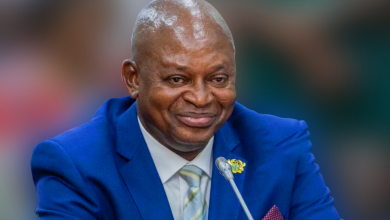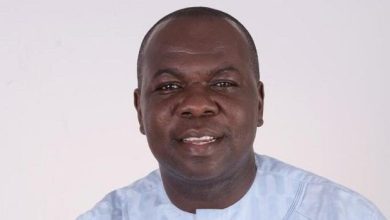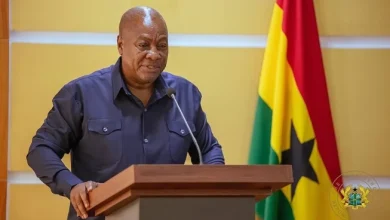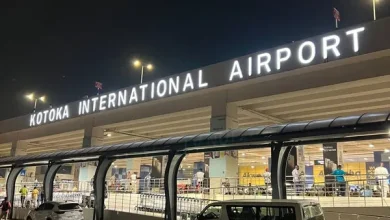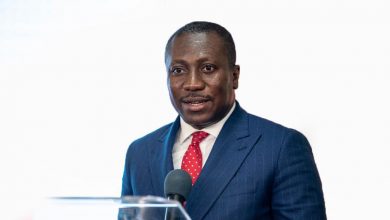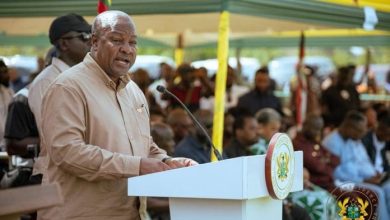GBA slams Francis Xavier Sosu over ‘political judges’ comment
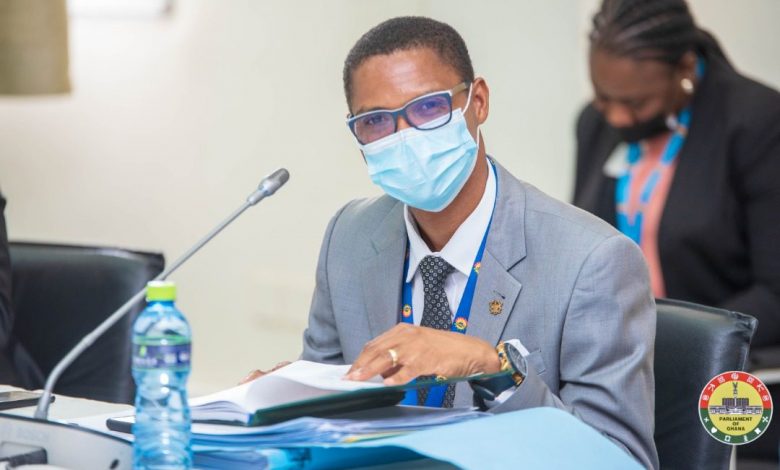
The Ghana Bar Association (GBA) has hit hard at the Member of Parliament for Madina, Francis-Xavier Sosu for suggesting that judges are partisan in the discharge of their work.
Mr. Sosu, during the ‘Yen Tua’ demonstration against the E-levy on Thursday, February 10, 2022, had said judges who had become political in the line of work will be treated as politicians.
“What it means is that when you become partisan as a judge remember that your tenure of office as a judge will run with the political party that you favour. Let that be clear because political power is very transient, positions are not possessions, so people will come, people will go,” he said
The GBA strongly condemned Mr. Xavier Sosu’s comment in a statement signed by its National President and National Secretary.
“The GBA finds the assertion by Francis Xavier Sosu Esq. very unprofessional, unfortunate, irresponsible and distasteful and the same smacks of deep-seated ignorance, as the tenure of judges per the Constitution, 1992, and other relevant laws is never in any way whatsoever tied to the tenure of the political regime under which judges are appointed.
“Judges, unlike political office holders, are not elected into office, hence it is reckless for anybody to give the slightest suggestion that the tenure of judges are linked to the tenure of the political regimes under which judges are appointed,” portions of the GBA’s statement said.
The GBA said such comments cast a slur on the “appreciable gains that have been made in our democratic experiment as a nation.”


